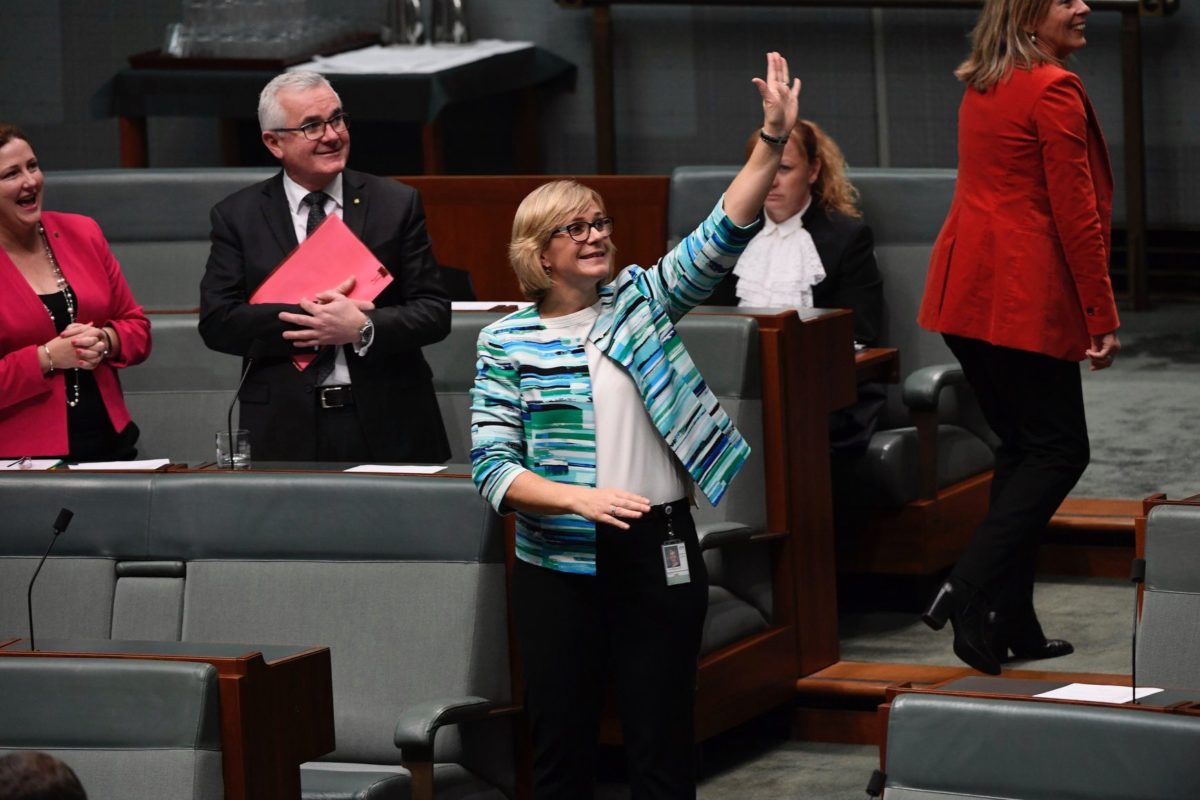Steggall intends to model the policy on the United Kingdom’s (UK) Climate Change Act in the hope that such legislation would set up a framework for Australia’s long term goals in reducing carbon emissions and conducting an energy transition to renewables that is as painless as possible.
“We need to set out a roadmap for Australia to become a low carbon economy without all the fear-mongering and misinformation,” Steggall said. “The big question all sensible Australians are asking is how? This is why we need a Climate Change Act to set out a legislative framework.”
Steggall hopes to institute legislation that provides some sense of policy certainty, something which has been severely lacking as a recent report by public policy think-tank Grattan Institute has shown. The report, entitled “Power Play: How governments can better direct Australia’s electricity market”, lambasts previous Australian governments for chaotic approaches to energy policy, baulking at cohesive and consistent market management and opting to intervene in the market with knee-jerk reactions to energy crises, such as the South Australian blackouts.
Similar reports to Grattan’s have been released in recent months by both the Clean Energy Council and BIS Oxford Economics. The former showed linked a fall in renewable energy investment not seen since the Abbott era as a result of federal policy uncertainty. And the latter predicted a sheer drop in construction work on renewable projects in the early 2020s.
Steggall’s intentions also follow on from former Prime Minister Malcolm Turnbull’s blasting of the Liberal Party for its incapability “of dealing with the reduction of greenhouse gas emissions in any sort of systematic way.”
Steggall is also calling for an Australian equivalent of the UK’s 2006 Stern Review which resulted in a mammoth 700-page report by, among others, London School of Economics (LSE) economist Nicholas Stern. Stern, as much in adjective as in name, concluded, among a great many things, that early action on climate change outweighs the future costs and that though the energy transition would provide challenges in competitiveness, it would also provide great opportunities for growth.
“We need to know the economic implications of climate change to all sectors of the economy,” Steggall continued. “In circumstances where some argue that we should not, or cannot, act, to prevent climate change, then let’s be very clear about the cost of doing nothing or not enough. Business as usual is not a zero-sum game.”
As occurred in the digestion of the Stern Review, Steggall’s Climate Change legislation would install an independent body that advises on the effective and economically sound course of emissions reductions and adaptation.
Of course, the Gillard government already established the independent Climate Change Authority. However, the Authority has seen its part shrink significantly under Coalition governments and owes its survival only to its abolition being blocked by the Senate.
Whether Steggall’s legislation will meet with any success in 2020 is hard to say. The issue of climate change is at the centre of a parliament polarised like few before in Australian history. However, few gave Steggall a chance in unseating former PM Tony Abbott, and she managed to accomplish that. Perhaps then, a Climate Change Bill is not completely unthinkable, the alternative, however, certainly is.
This content is protected by copyright and may not be reused. If you want to cooperate with us and would like to reuse some of our content, please contact: editors@pv-magazine.com.









By submitting this form you agree to pv magazine using your data for the purposes of publishing your comment.
Your personal data will only be disclosed or otherwise transmitted to third parties for the purposes of spam filtering or if this is necessary for technical maintenance of the website. Any other transfer to third parties will not take place unless this is justified on the basis of applicable data protection regulations or if pv magazine is legally obliged to do so.
You may revoke this consent at any time with effect for the future, in which case your personal data will be deleted immediately. Otherwise, your data will be deleted if pv magazine has processed your request or the purpose of data storage is fulfilled.
Further information on data privacy can be found in our Data Protection Policy.